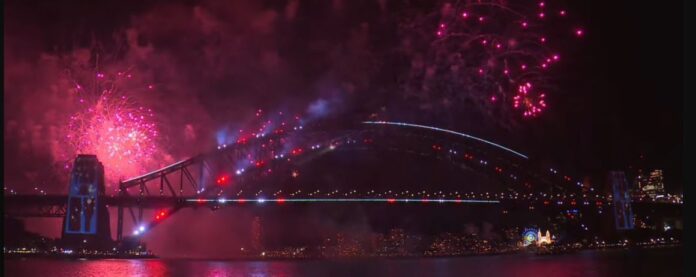As the world welcomes 2025, the tiny island nation of Kiribati in the Pacific Ocean has once again become the first country to celebrate the New Year. At the stroke of midnight, while much of the world was still in 2024, Kiribati’s residents were the first to usher in the new year, setting off celebrations across its scattered atolls.
Located just west of the International Date Line, Kiribati took the unique step in 1995 to shift its time zone eastward, ensuring it would be the first nation to greet each new year. This adjustment not only made Kiribati the first to see the dawn of 2025 but also symbolizes a new beginning for its inhabitants and the rest of the globe.
Celebrations on the islands included traditional dances, fireworks, and communal feasts, showcasing the rich culture and community spirit of Kiribati. While the festivities are modest compared to global metropolises, the significance of being the first to step into the future resonates deeply with locals and international observers alike.
As the sun rises over Kiribati, it brings with it hopes, resolutions, and the promise of what the new year might hold. From this remote part of the world, the message of renewal and joy spreads across time zones, reminding us all of the shared human experience of welcoming another year. Happy New Year, from Kiribati to the world.
The Last Dance
The last country to celebrate the New Year is American Samoa. Due to its location just east of the International Date Line, American Samoa enters the new year nearly 24 hours after Kiribati, which is one of the first countries to celebrate. This means that while much of the world has already welcomed the new year, American Samoa waits until almost the very end of that day, making it the last place on Earth to ring in the new year.



